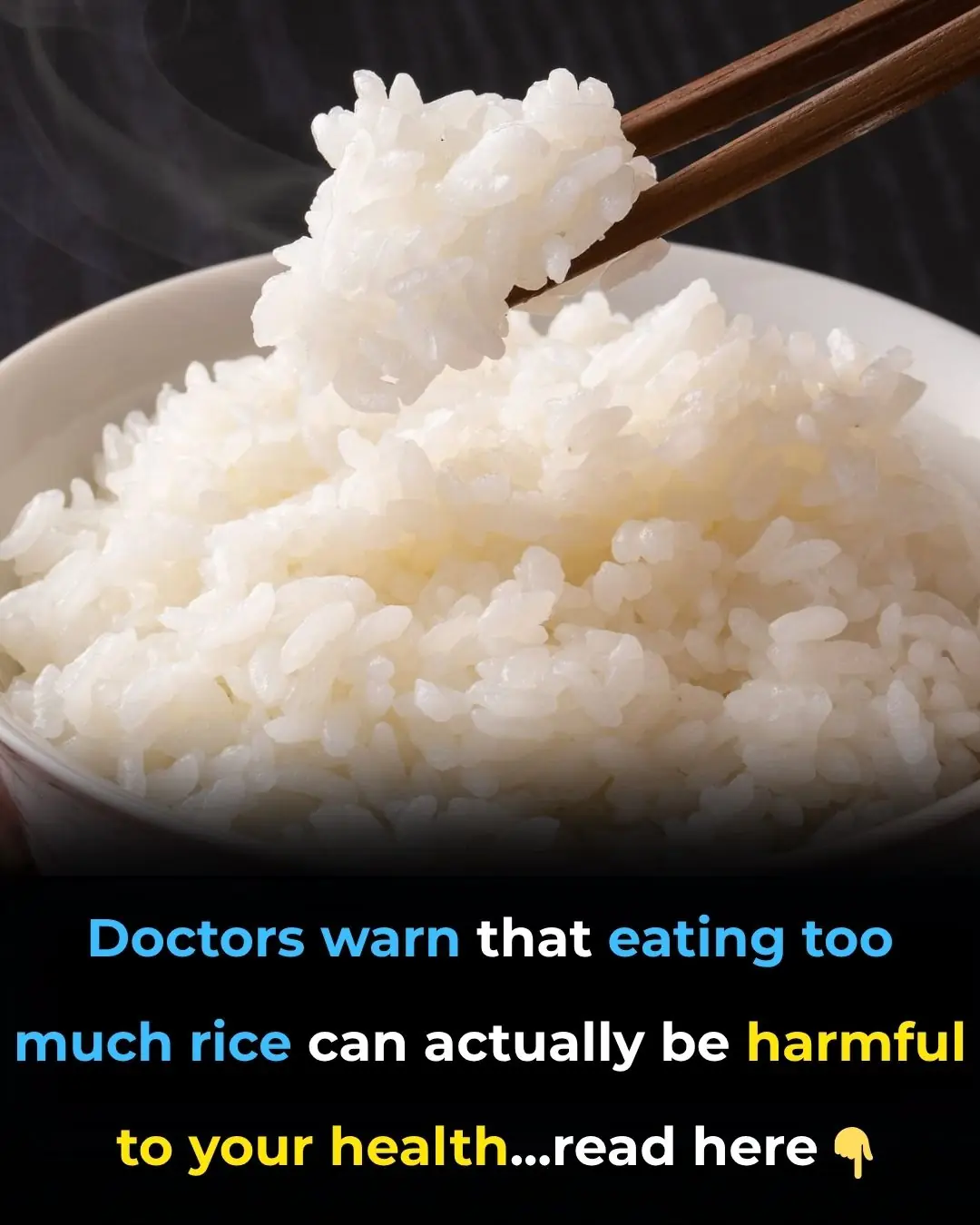
The #1 way to flush microplastics from your body (It’s shockingly simple)

Have you ever paused to consider the plastic water bottle in your hand, the container your lunch came in, or even the very air you're breathing? The unsettling truth is this: tiny plastic particles—microplastics and even smaller nanoplastics—are now a part of our everyday environment. They’re not just in the oceans or stuck in landfill sites; they’re in our food, our water, our soil—and now, alarmingly, inside our bodies.
Scientists have found microplastics in human blood, lungs, brain tissue, breast milk, and even arterial plaque. These are not rare cases—they’re becoming disturbingly common. And while the long-term effects of this internal plastic pollution are still being studied, what’s clear is that this issue isn’t going away anytime soon.
But here’s the empowering part: you are not completely at the mercy of your environment.
While you can’t stop breathing or completely eliminate plastic from your surroundings, you can support your body’s natural defenses to reduce the absorption of microplastics and enhance their elimination—and it all starts with one of the most powerful systems you already have: your gut.
This article breaks down evidence-based strategies that strengthen your gut’s protective barriers, trap and escort microplastics out of your body, and reduce the inflammation they cause. No detox fads. No extreme regimens. Just smart, sustainable steps you can start taking today.
🔑 Key Takeaways
-
Your gut is the front line: The majority of microplastic absorption happens in the digestive system—so a healthy gut is your first and strongest defense.
-
Strengthen your gut barrier: Keep microplastics out of your bloodstream by maintaining a strong intestinal lining.
-
Trap plastics with soluble fiber: Certain fibers help “sequester” microplastics and escort them out via the stool.
-
Fight inflammation with polyphenols: These colorful plant compounds support your microbiome and help reduce plastic-induced inflammation.
-
Hydration is essential: Water keeps digestion and elimination moving—don’t overlook its importance.
1. 🛡️ Fortify Your Gut’s Frontline: The Intestinal Barrier
Think of your gut lining as a high-security checkpoint. It’s made up of a thin but powerful layer of cells, sealed tightly by proteins known as “tight junctions.” Its job? Let essential nutrients in—and keep harmful substances like microplastics out.
However, when this barrier becomes compromised—a condition often referred to as leaky gut—those tight junctions loosen. Gaps open up, allowing microscopic particles (including nanoplastics) to slip through into your bloodstream. This doesn’t just cause local irritation—it can trigger chronic inflammation, immune reactions, and possibly contribute to the development of neurological and metabolic disorders.
Here’s how to reinforce this critical barrier:
✅ Nutrients That Heal and Seal:
-
Collagen: Found in bone broth or as a supplement, collagen provides the amino acids (glycine, proline) needed to rebuild gut lining tissue.
-
L-Glutamine: This amino acid is the primary fuel source for intestinal cells. Supplementing with 3–5 grams a few times a week can support tight junction integrity.
-
Zinc and vitamin A: These nutrients help regenerate epithelial cells and maintain mucosal immunity.
📌 Pro Tip: Drink bone broth several times a week and consider L-glutamine supplementation if you suffer from digestive issues or chronic stress.
2. 🚫 Remove Gut-Damaging Offenders: Emulsifiers and Chronic Stress
Just as you need to add the right nutrients to heal the gut, you also need to remove what’s breaking it down.
🚨 Watch Out for Emulsifiers
Many processed foods contain emulsifiers to keep oil and water mixed together for a smooth texture. But ingredients like polysorbate 80 and carboxymethylcellulose have been shown in studies to disrupt the gut’s protective mucus layer, increase intestinal permeability, and provoke inflammation.
In fact, polysorbate 80 is commonly used in lab animals to intentionally create gut inflammation for study purposes. That alone should raise a red flag.
😰 The Impact of Chronic Stress
Stress isn’t just mental—it’s deeply physical. Elevated cortisol from prolonged stress weakens the gut barrier, suppresses digestive enzymes, and even alters your gut microbiota in ways that make it easier for harmful particles to pass through.
✅ What You Can Do:
-
Read labels and avoid foods with polysorbate 80, carrageenan, and similar emulsifiers.
-
Practice stress-reduction techniques: meditation, breathwork, light exercise, or nature walks can significantly lower gut-compromising cortisol levels.
-
Minimize ultra-processed foods: They’re often high in gut-damaging additives and low in beneficial nutrients.
3. 🧽 Trap and Remove Plastics Using Soluble Fiber
Strengthening your gut wall is half the battle. The next step? Prevent absorption by capturing plastic particles and carrying them out of your body.
This is where bile acid sequestration becomes critical.
Your liver produces bile to digest fats, and bile binds to fat-soluble toxins—including microplastics. Soluble fiber helps bind to these bile acids, effectively forming a “net” that captures toxic compounds and escorts them out through the stool.
🌱 Best Sources of Soluble Fiber:
-
Chia seeds
-
Flax seeds
-
Psyllium husk
-
Oats
-
Apples
-
Beans and lentils
🧪 Studies show that microplastics are consistently found in human stool, confirming that this exit pathway works. The more effective your fiber intake, the more you can support this process.
📝 Tip:
Aim for at least 25–35 grams of fiber daily, including both soluble and insoluble types. Add chia to smoothies, ground flax to oatmeal, and eat whole fruits (not just juice) for optimal fiber intake.
4. 💧 Keep Things Moving: Hydration and Transit Time
Even the best fiber won't help you if your digestive system is backed up. If food (and fiber-bound toxins) move too slowly through your gut, microplastics have more time to be reabsorbed—a scenario you want to avoid.
💦 Why Hydration Matters:
-
Helps fiber form the gel-like consistency needed for toxin removal
-
Supports regular bowel movements
-
Assists in kidney function and lymphatic drainage
✅ Easy Hydration Rules:
-
Drink half your body weight in ounces of clean, filtered water daily (e.g., 150 lb person = ~75 oz).
-
Add herbal teas, mineral-rich broths, and water-dense foods (like cucumbers and watermelon) to boost hydration naturally.
⏱️ Bonus Tip: Aim for a bowel movement at least once daily. If you're not regular, adjust fiber, water, and movement levels accordingly.
5. 🌈 Supercharge with Polyphenols: Gut Health’s Secret Weapon
While fiber moves things out, polyphenols support the gut’s internal environment, making it stronger, more resilient, and less inflamed.
These colorful plant compounds:
-
Reduce gut inflammation (protecting the gut wall)
-
Act as prebiotics (feeding good bacteria)
-
Create postbiotics (anti-inflammatory compounds made by your gut microbes)
-
Boost antioxidant defenses (e.g., glutathione and superoxide dismutase)
🌿 Top Polyphenol-Rich Foods:
-
Berries (blueberries, raspberries, blackberries)
-
Pomegranate
-
Dark chocolate (85%+)
-
Green tea
-
Turmeric
-
Olive oil
-
Colorful veggies (red cabbage, beets, spinach)
🧬 Some polyphenols even help mitigate damage from plastics already in your system, reducing oxidative stress and enhancing detox enzyme activity.
🧠 Conclusion: The Gut as Your Built-In Detox Shield
Yes, the problem of microplastics is global, complex, and unsettling. But your body is not defenseless.
By focusing on gut integrity, smart nutrition, fiber-rich foods, proper hydration, and anti-inflammatory support, you can limit plastic absorption and enhance elimination—all through everyday choices.
🔁 Quick Action Plan:
-
Strengthen the gut wall with collagen and L-glutamine
-
Avoid emulsifiers and manage chronic stress
-
Add soluble fiber to trap and escort plastics out
-
Hydrate to maintain regular bowel movements
-
Flood your system with anti-inflammatory polyphenols
We can’t completely eliminate plastic from our environment yet—but we can change what happens when it enters our bodies. Start by building a gut that’s resilient, responsive, and ready to defend you from the inside out.
News in the same category


Surprising reason why you should NEVER take a cold shower when it's hot
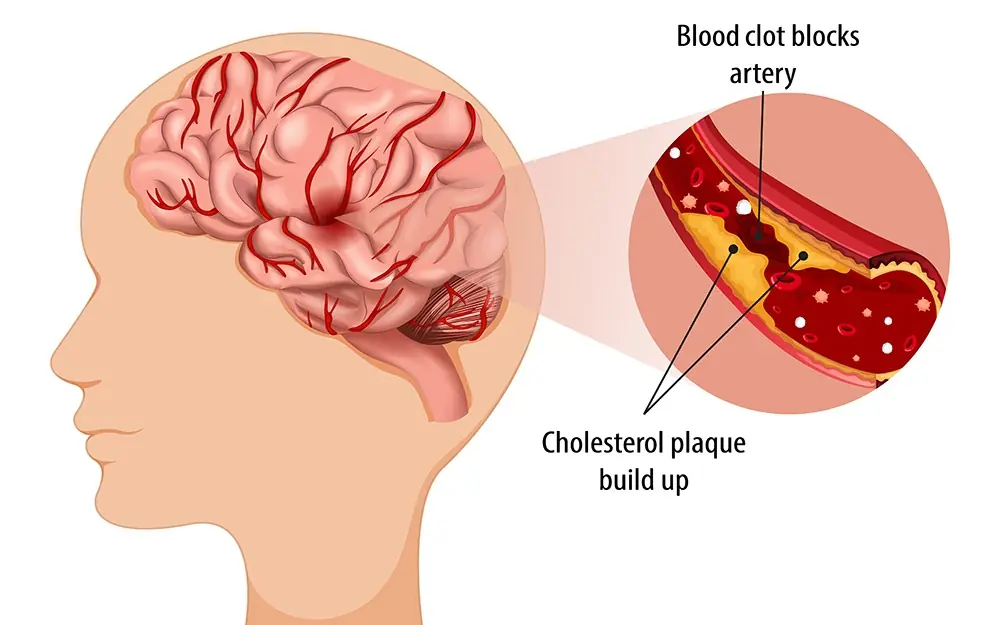
CLOGGED ARTERIES CAN CAUSE STROKES EAT THIS TO PROTECT YOUR BRAIN
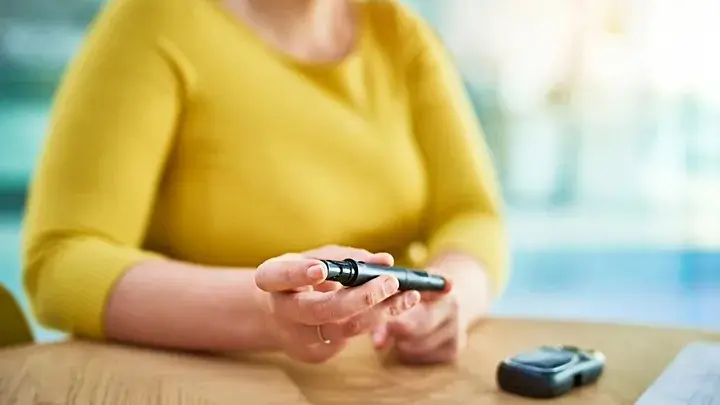
QUIET SIGNALS YOUR BODY SENDS LONG BEFORE DIABETES IS DIAGNOSED
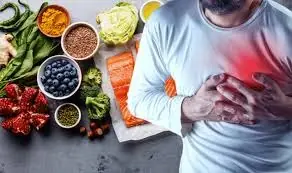
5 Foods to Help Prevent HEART ATTACK That Nobody Talks About
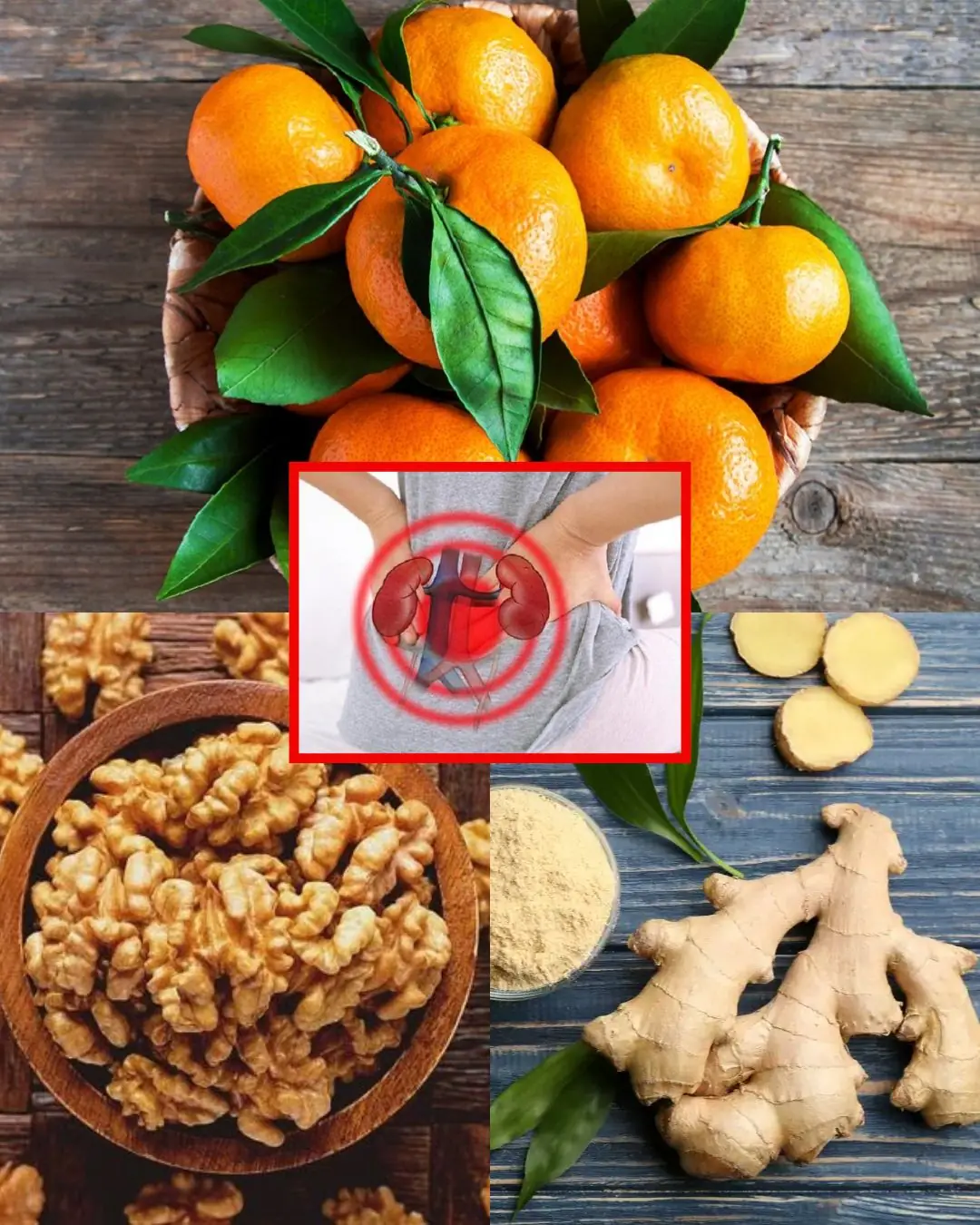
Powerful Natural Detox to Cleanse Your Kidneys, Liver & Lungs!
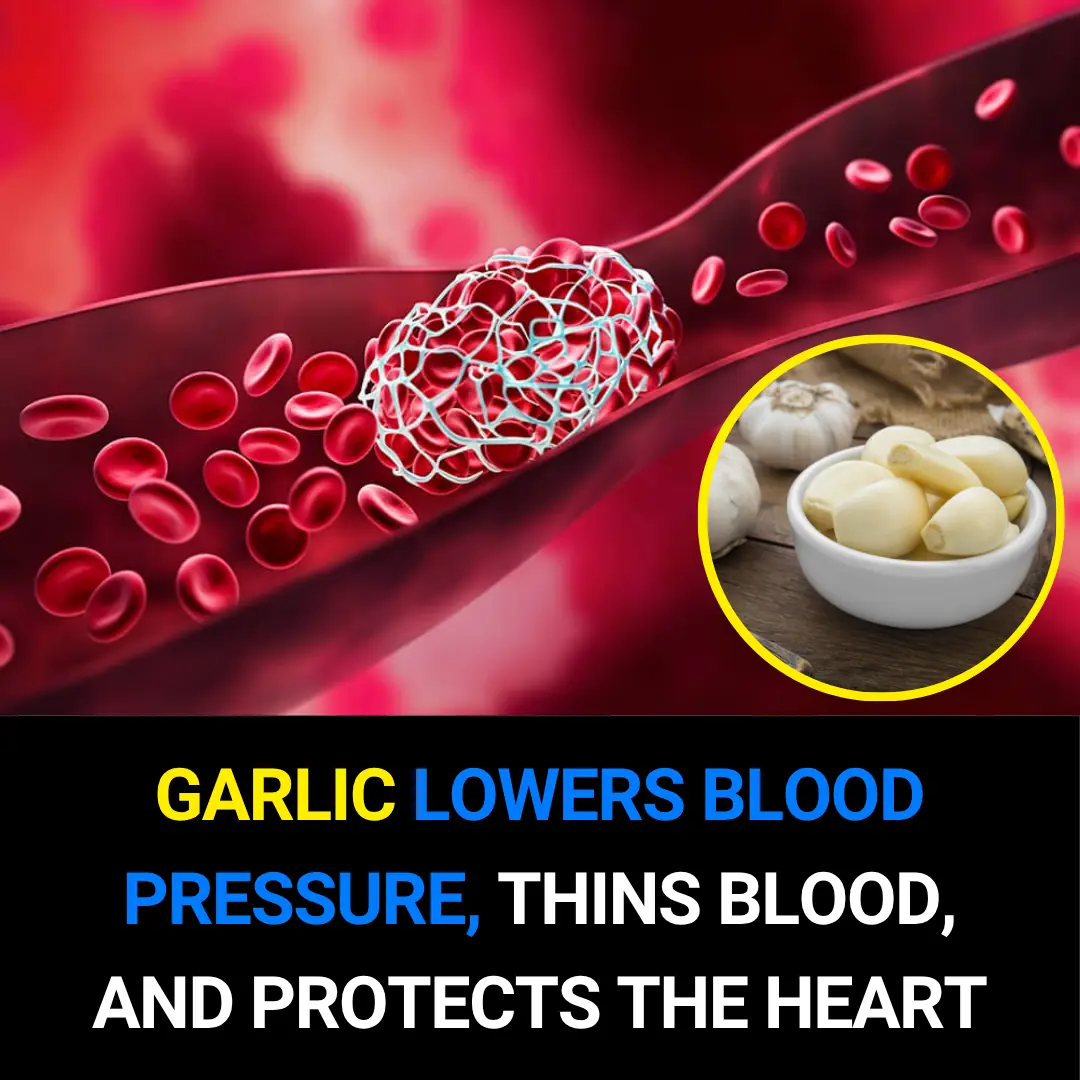
Eat Crushed Garlic to Clean Your Arteries and Prevent Heart Attack
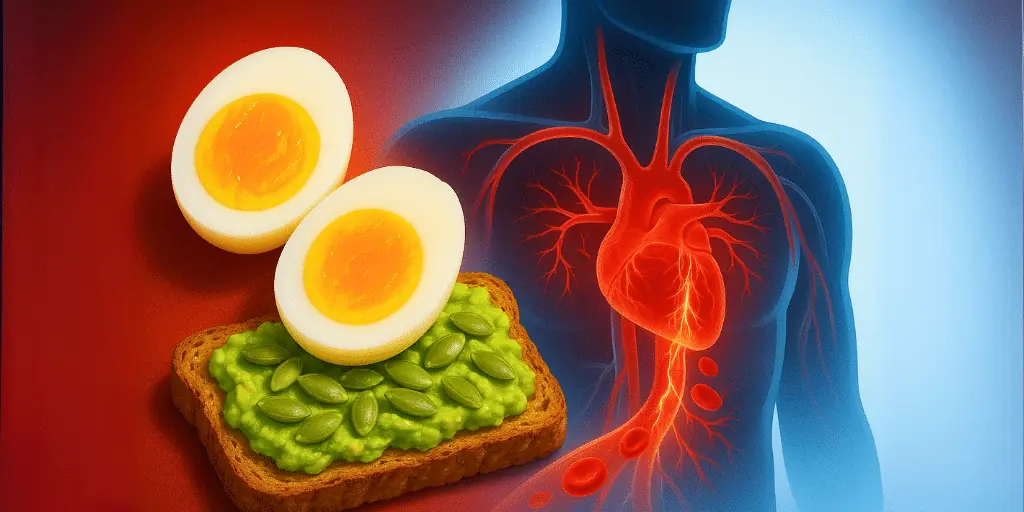
Men Over 60: Eat These 6 Breakfast Foods to Boost Blood Flow Naturally
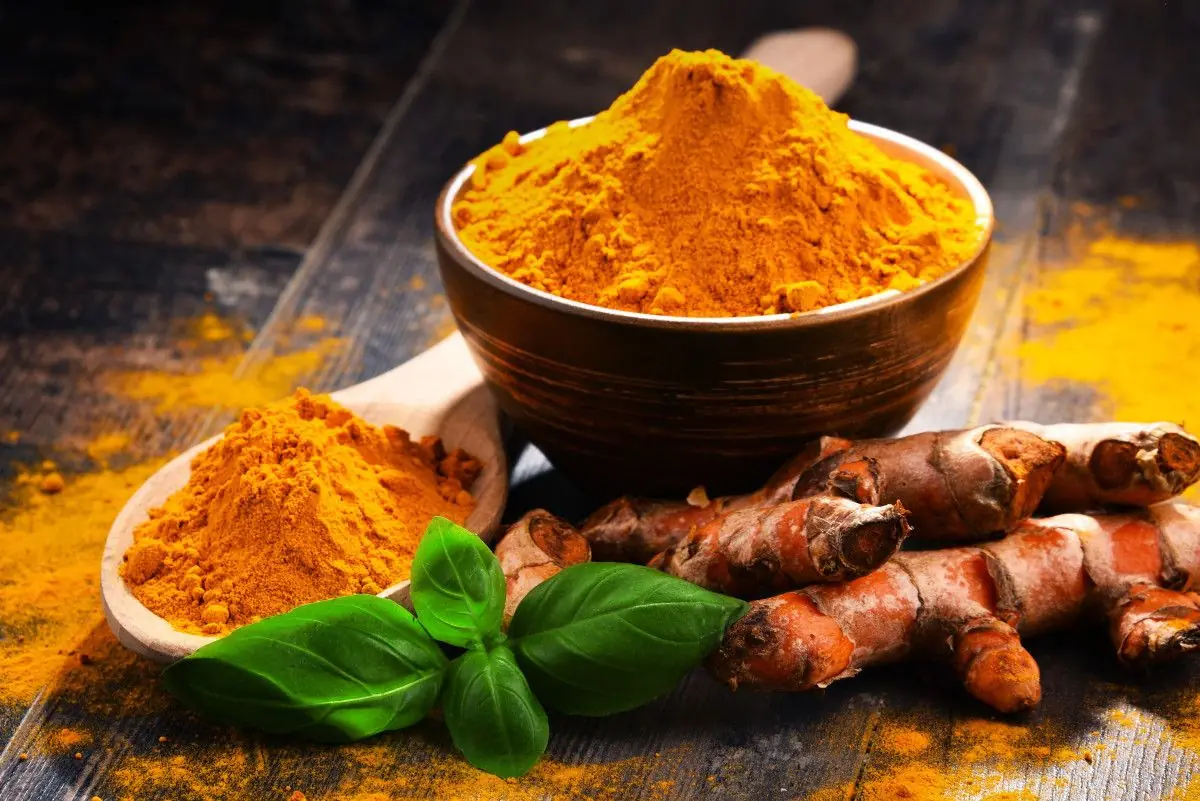
What Happens When You Take Turmeric Daily (PCOS, Diabetes, Joint Pain) – Evidence-Based

Why You Wake Up to Pee at Night (and How to Stop It for Good!)
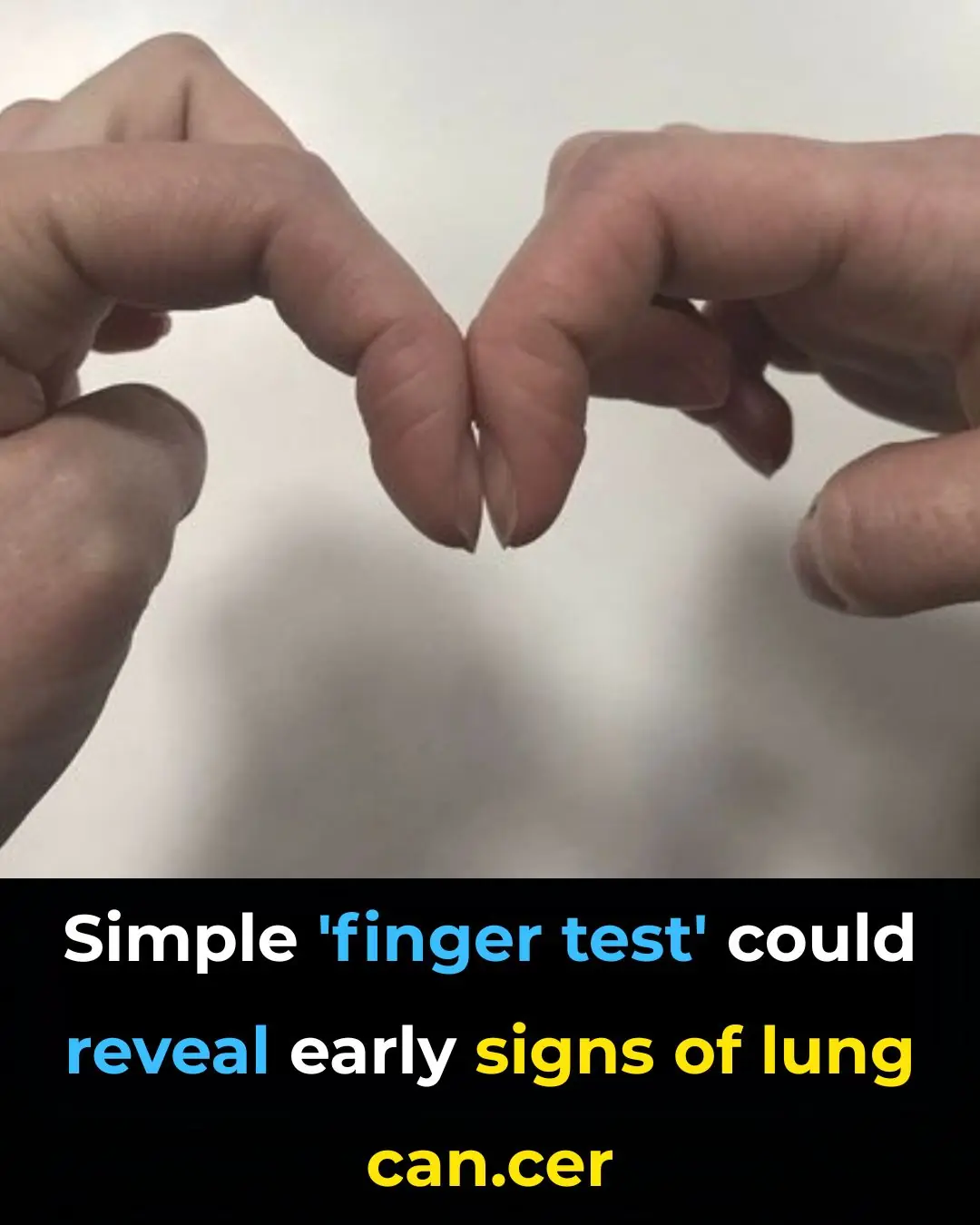
Simple ‘Finger Test’ Could Reveal Early Signs of Lung Cancer — Check Yours at Home
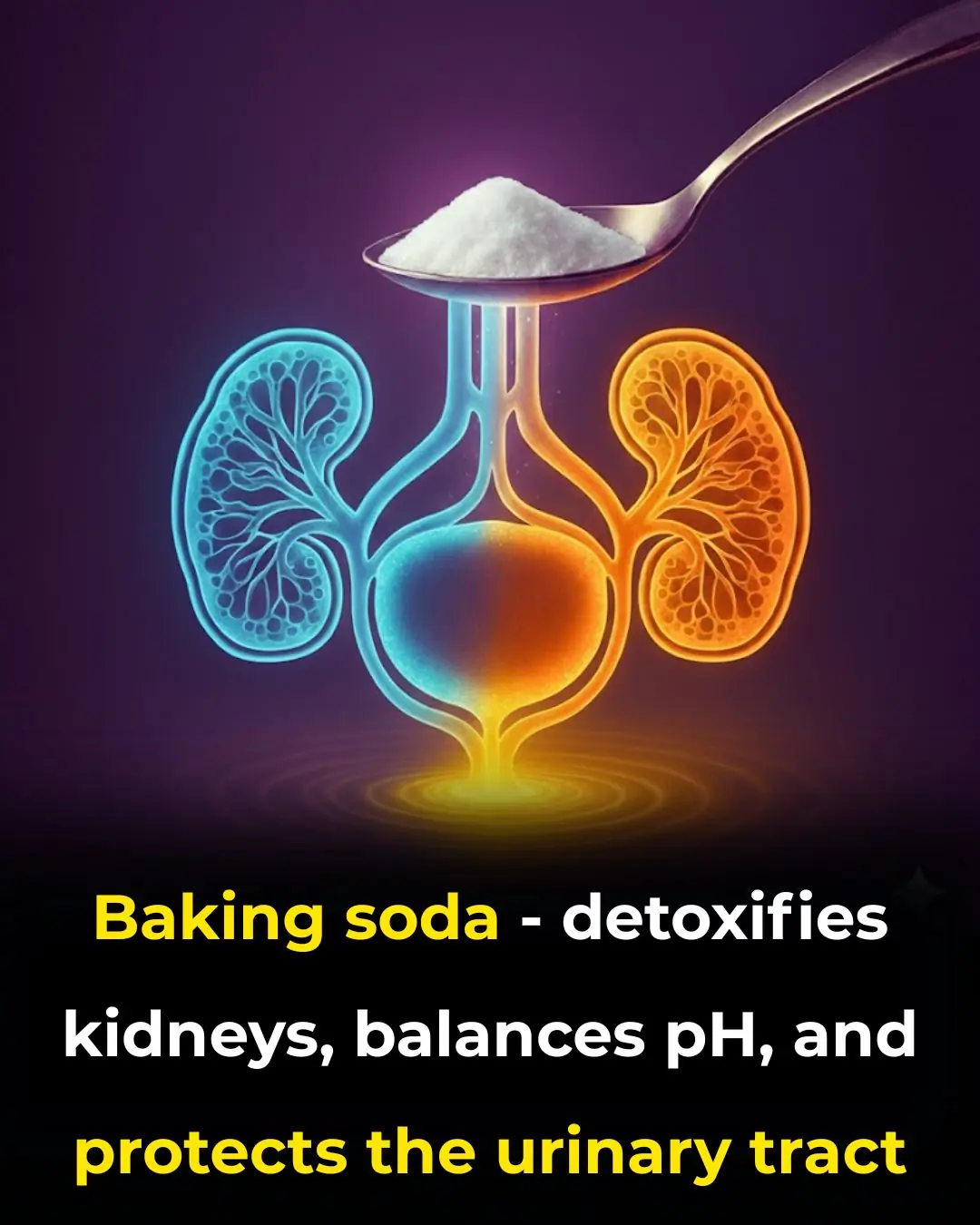
1 Teaspoon of Baking Soda Can Do THIS to Your Body!
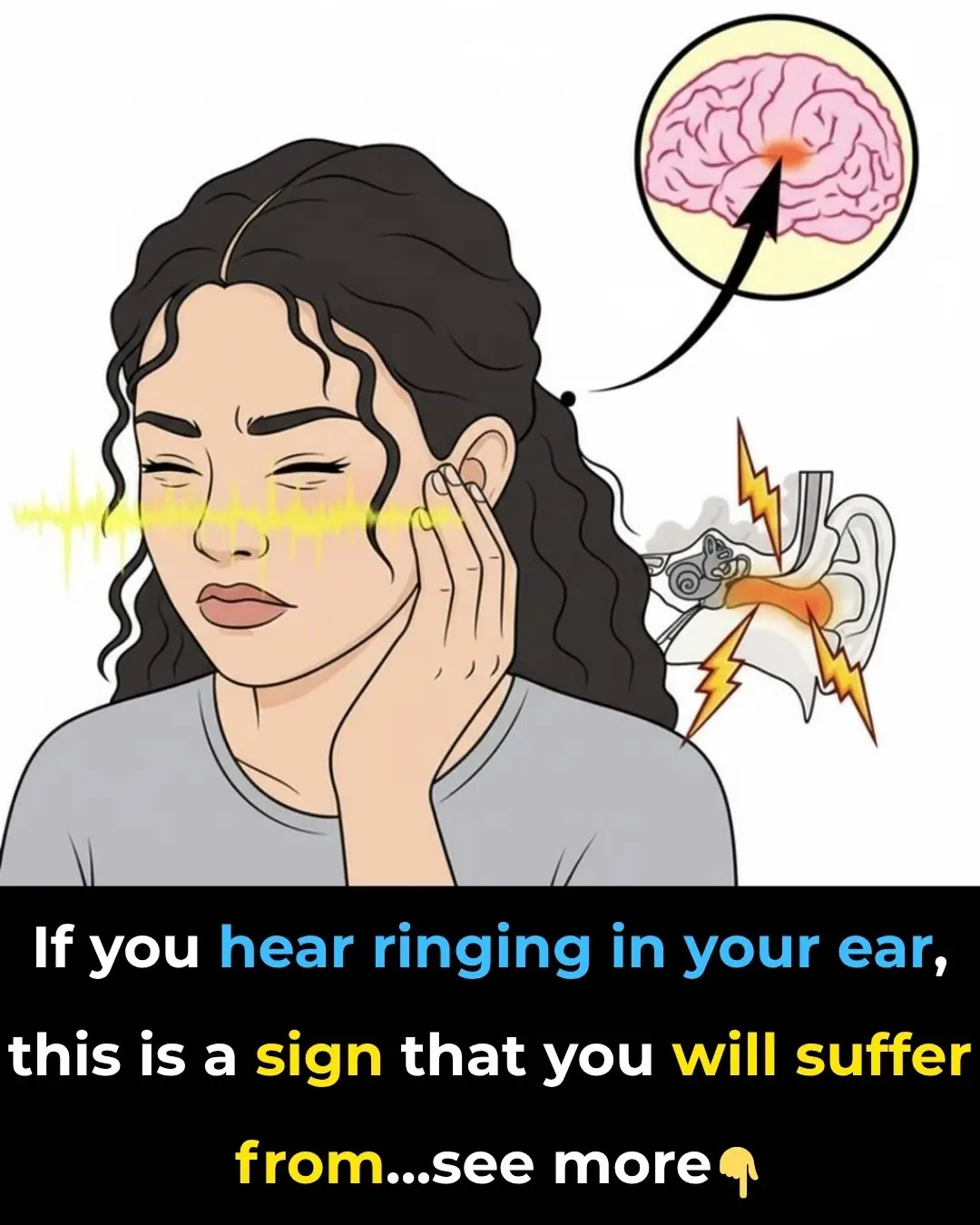
🔊 Ringing in Your Ear? What Tinnitus Really Means and When to See a Doctor
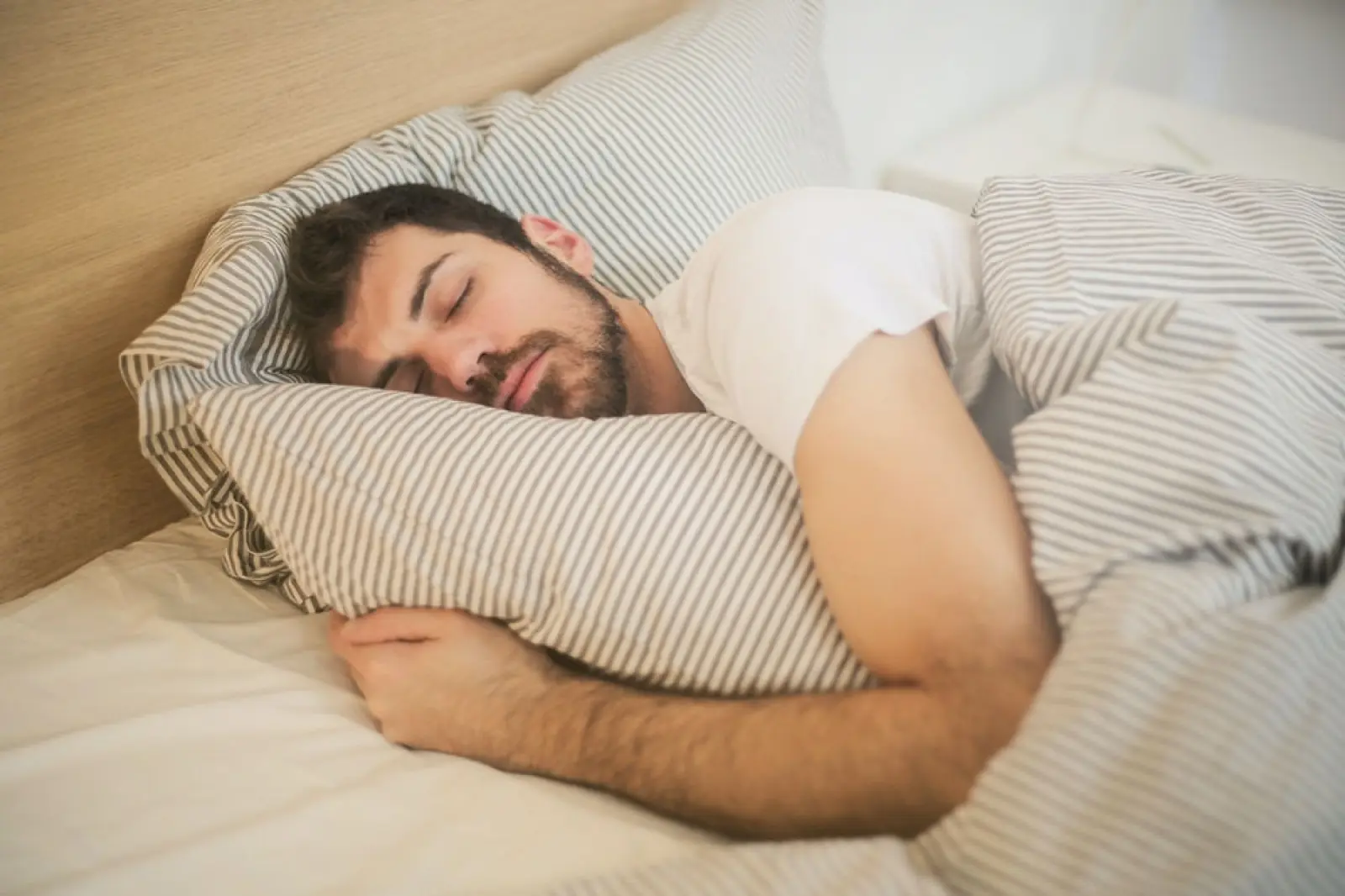
The Health Effects of Left Side Sleeping That Few Talk About
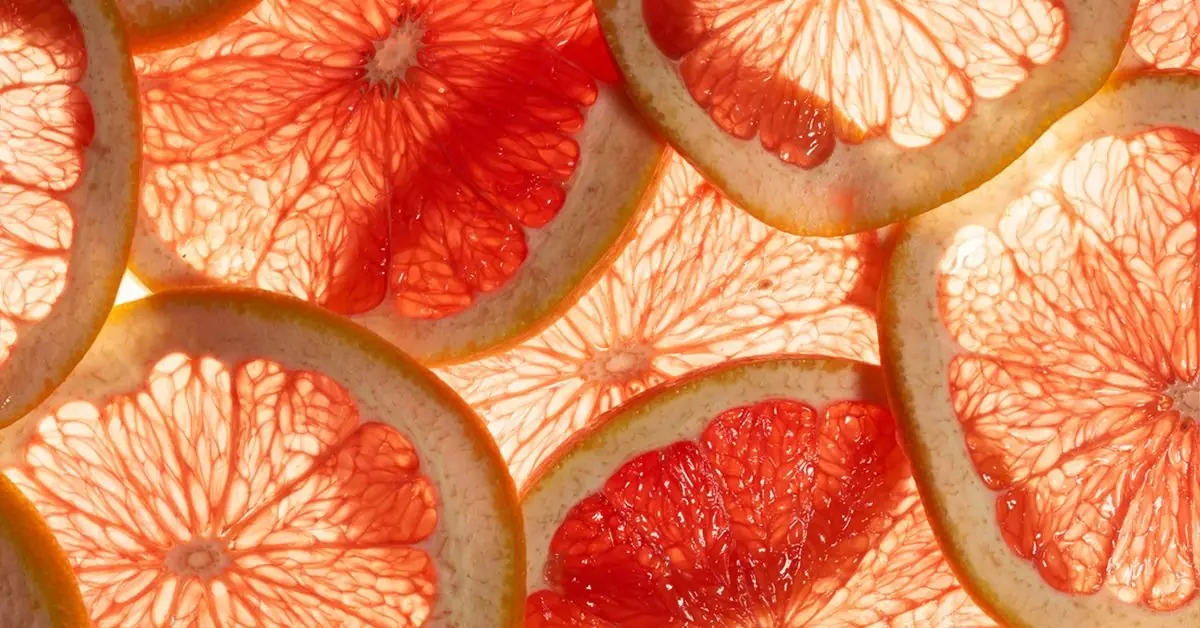
Top 15 Natural Collagen-Boosting Foods That Rebuild Skin, Joints, and Bones Fast
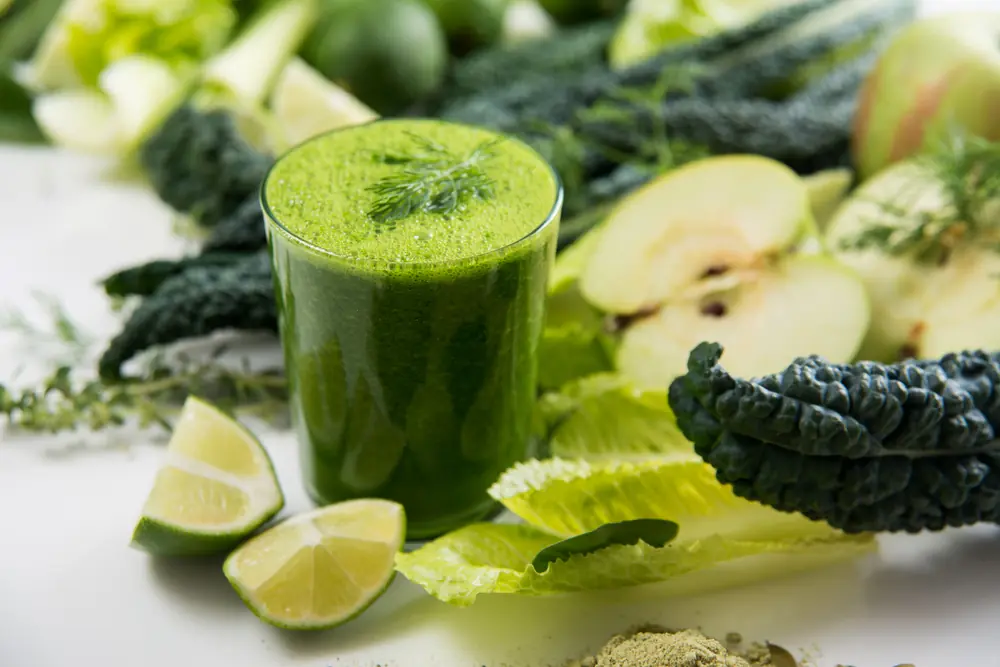
Cleanse Your Kidneys of Toxins With 2 Effective 1-Ingredient Drinks

The 60-Second Trick to Reset Your Nervous System (A Himalayan Salt Bio-Hack)
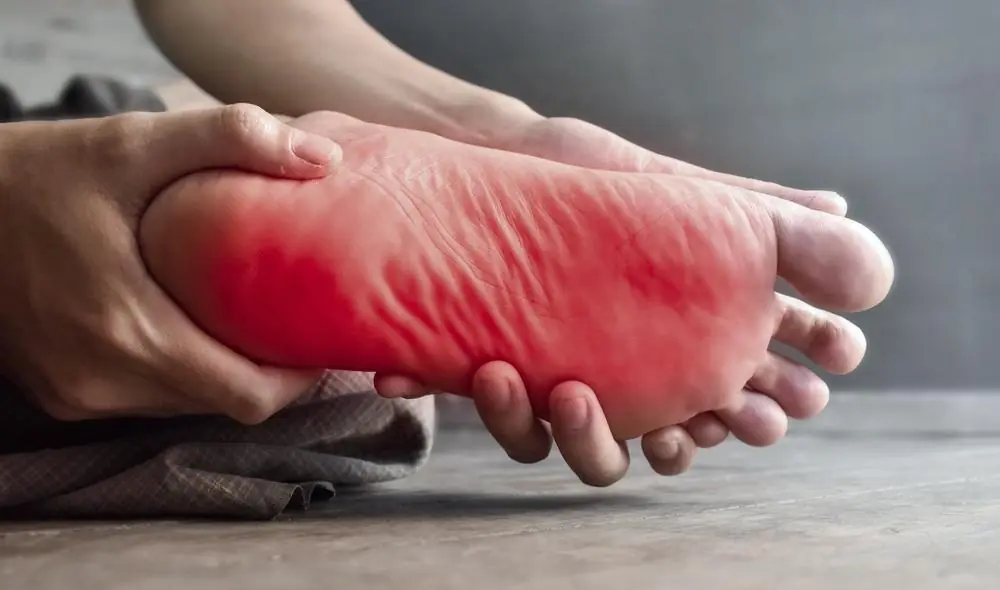
Top 6 Natural Remedies to Fight Neuropathic Pain (Peripheral Neuropathy Home Remedies)
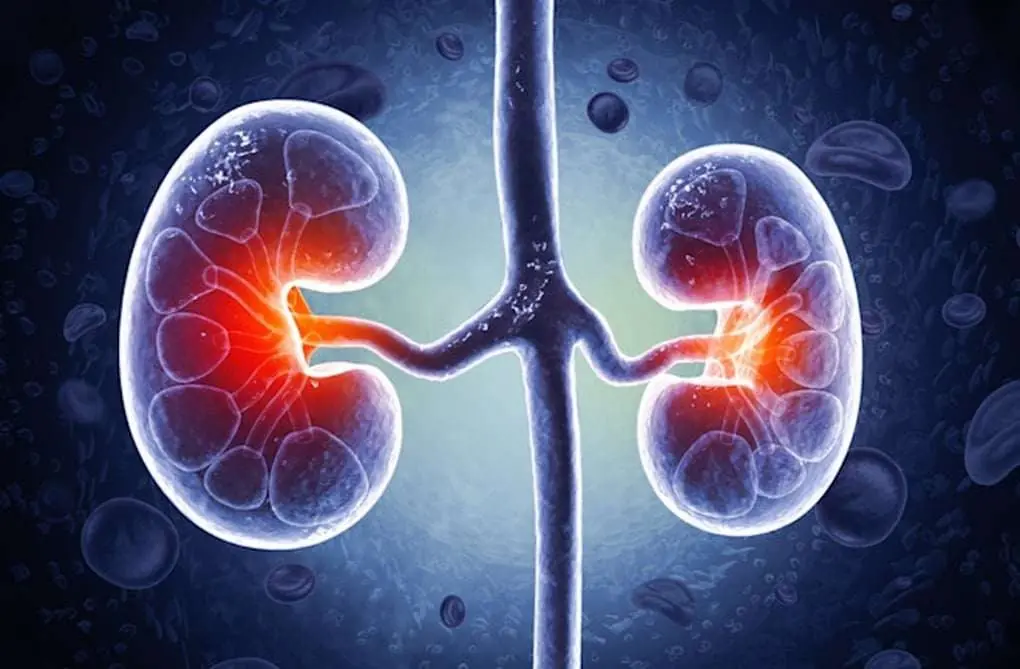
Revitalize Your Kidneys with This Ancient Amazonian Infusion
News Post

According to experts, consuming too much rice leads to…

Surprising reason why you should NEVER take a cold shower when it's hot

CLOGGED ARTERIES CAN CAUSE STROKES EAT THIS TO PROTECT YOUR BRAIN

QUIET SIGNALS YOUR BODY SENDS LONG BEFORE DIABETES IS DIAGNOSED

5 Foods to Help Prevent HEART ATTACK That Nobody Talks About

If you're caught Googling these four words Police may show up at your house
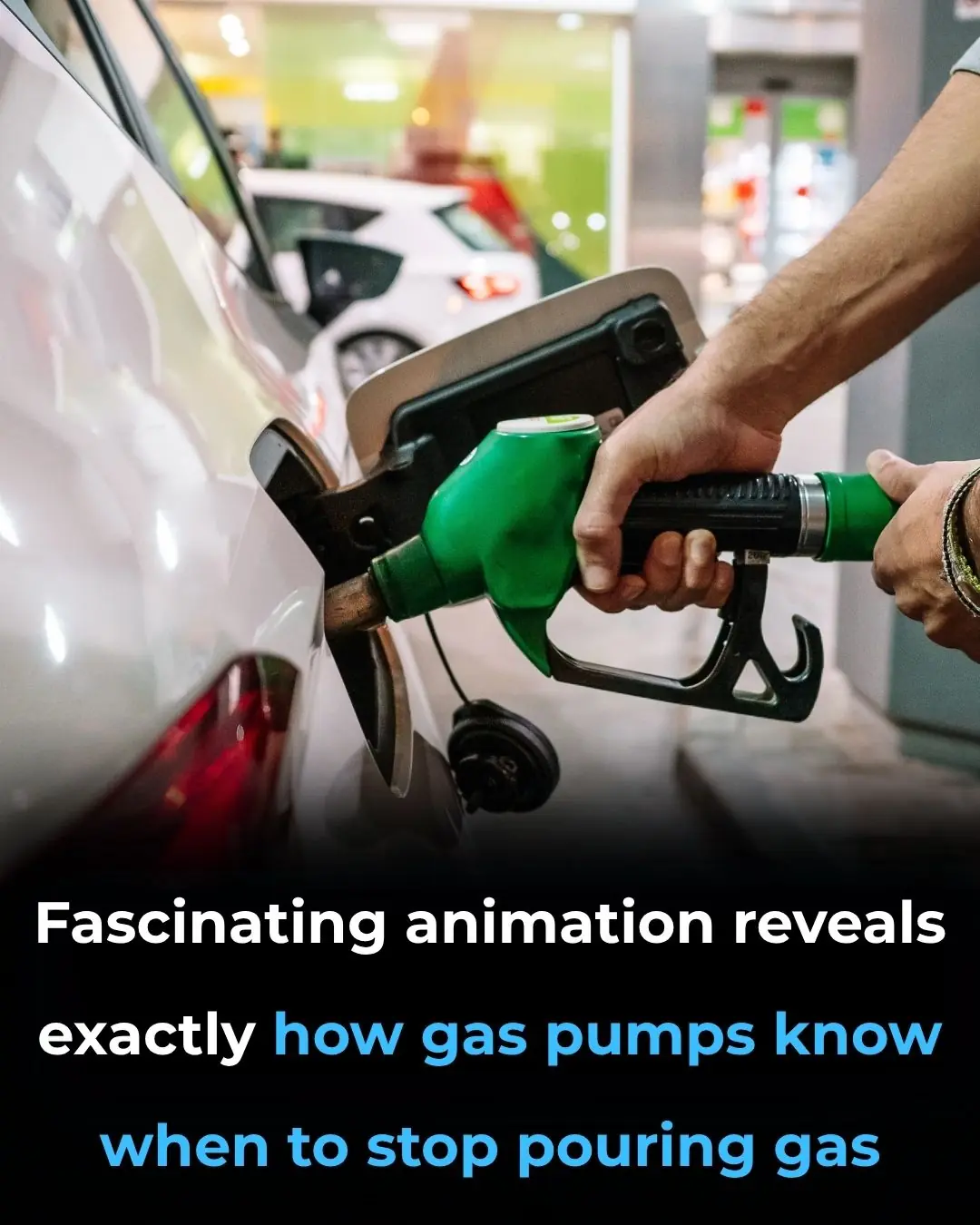
Fascinating animation reveals exactly how gas pumps know when to stop pouring gas

Elon Musk's Starlink satellites could be falling out of the sky

Expert issues chilling warning on Elon Musk's robots as billionaire plans to put them on Mars

Jeff Bezos sent a secret tourist into space and their identity is set to be revealed

Super typhoon set to send shockwaves through the US is just days away

Moon Meets Mars: A Dazzling Celestial Encounter on October 11, 2025
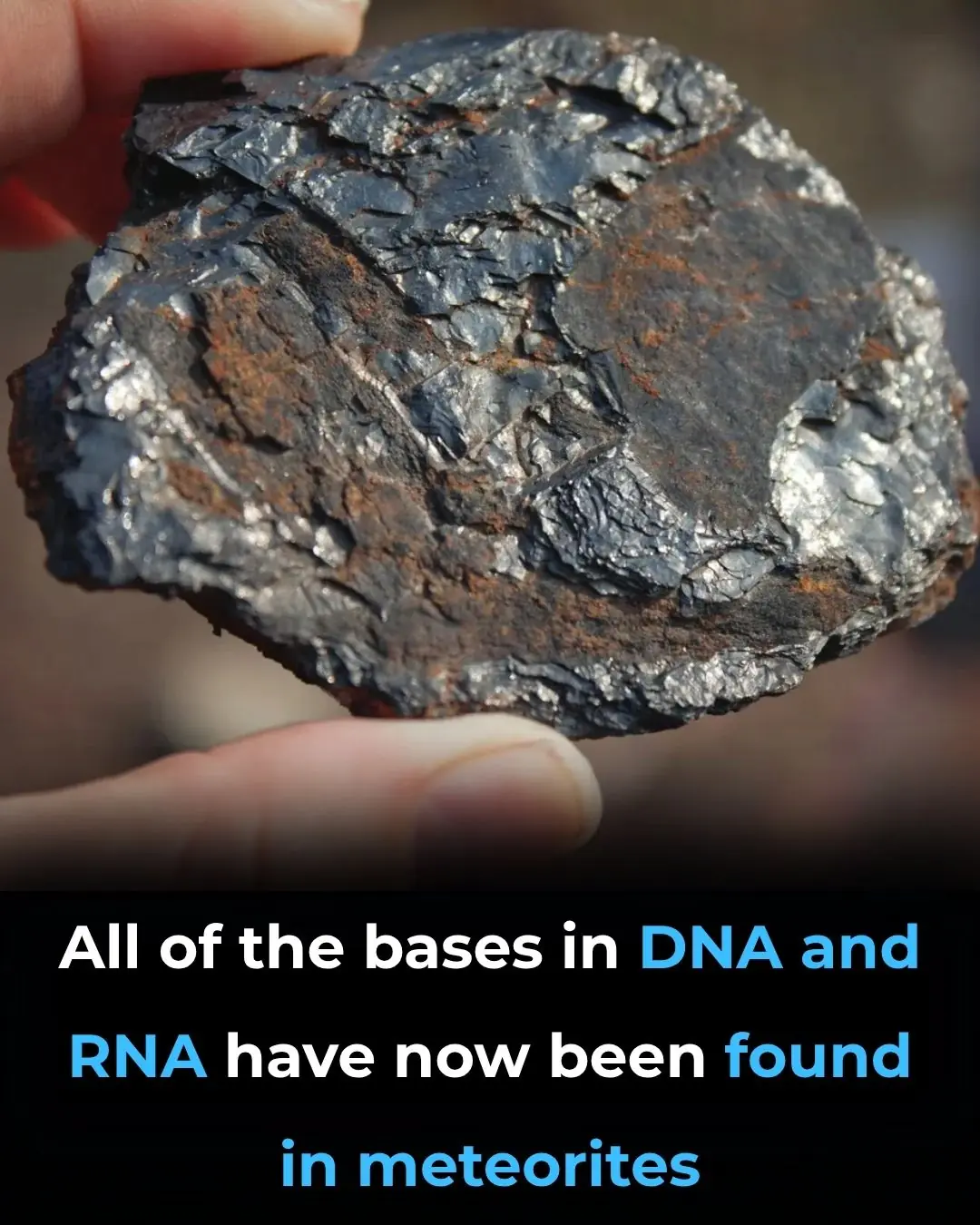
All DNA and RNA Bases Found in Meteorites: Life’s Origins May Be Cosmic

Powerful Natural Detox to Cleanse Your Kidneys, Liver & Lungs!

Did You Know? A Spider in Your Home Could Be a Powerful Sign

Tembo the Elephant: A Story of Survival, Trust, and Unforgettable Love 💛🐘
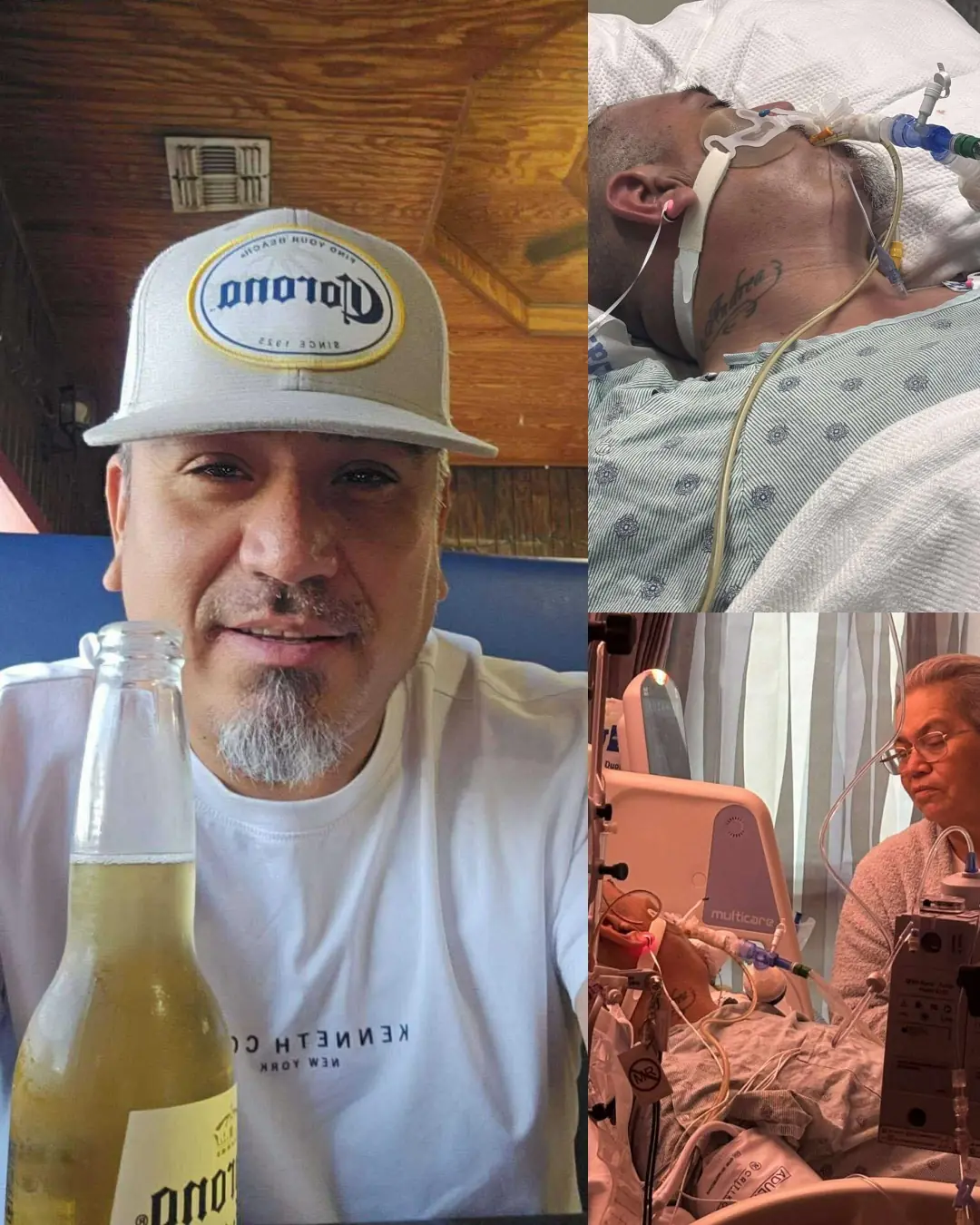
A Prayer for Ricardo: Holding On to Hope When Life Hangs in the Balance

The Burglar Who Fell Asleep Beside a Dog
